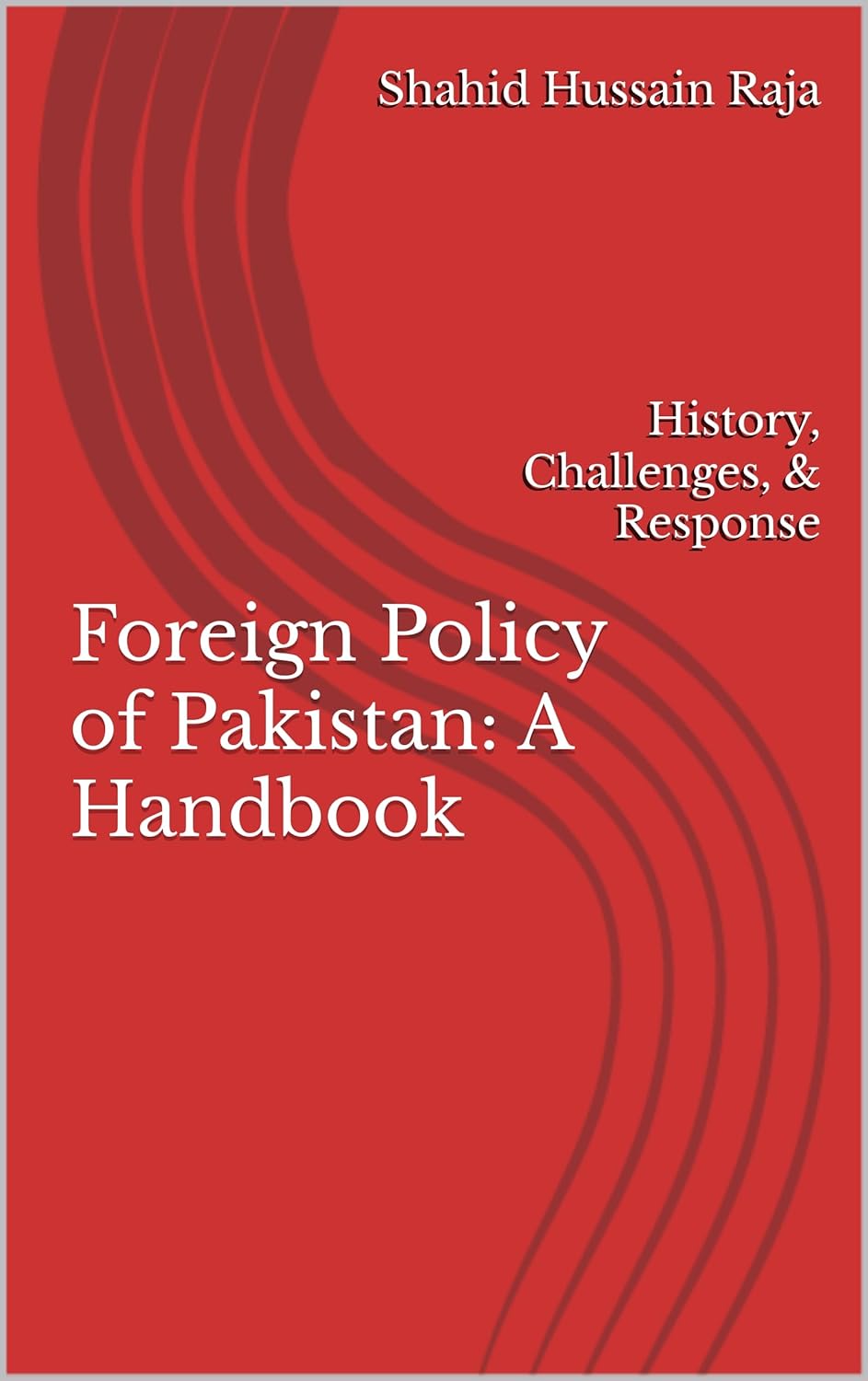
Aiming to provide a comprehensive understanding of the foreign policy formulation process in Pakistan by focusing on crucial events, trends, and concepts, the book sheds light on the complexities and determinants that shape Pakistan's foreign policy decisions. By providing accessible explanations, avoiding trivial issues, and concentrating on significant events and trends, I hope this handbook will be a valuable addition to the library of anyone interested to understand the complex process of foreign policy formulation in Pakistan.
Primarily written for those preparing for the Central Superior Services (CSS) Examination or examinations conducted by the four provincial governments in Pakistan, it is equally relevant for anyone interested in international relations as a whole and Pakistan's foreign policy in particular. The book also imparts valuable lessons that can serve as guidelines for other developing countries striving to enhance the well-being of their citizens.
just published
The idea of writing a concise yet comprehensive book on the foreign policy of Pakistan arose during my time at the National Defence College (now National Defence University) in Islamabad, where I was undertaking a national defence course. While researching for my thesis related to international relations, I extensively read books authored by distinguished scholars and practitioners in this field. However, despite my best efforts I could not find one that could be read within two or three days, yet encompass the significant milestones in our foreign relations, providing a comprehensive understanding of the country's approach to international relations and its strategic choices.
Specifically, here are some important questions that such a book could raise and seek to answer:
What are the historical foundations of Pakistan's foreign policy? How did the country's creation and partition from India shape its approach to international relations?
What are the key objectives and principles of Pakistan's foreign policy? How have they evolved, and what factors have influenced these changes?
How does Pakistan perceive its regional environment, including its relationships with neighbouring countries such as India, Afghanistan, Iran, and China? What are the major challenges and opportunities in these relationships?
How does Pakistan engage with the Muslim world and the Organization of Islamic Cooperation (OIC)? What impact does Islam have on Pakistan's foreign policy decisions?
How does Pakistan balance its relationships with major powers like China, the United States, and Russia? What are the strategic considerations and challenges in managing these relationships?
What role do nuclear weapons play in Pakistan's foreign policy? How do its nuclear capabilities shape its regional dynamics and interactions with other countries?